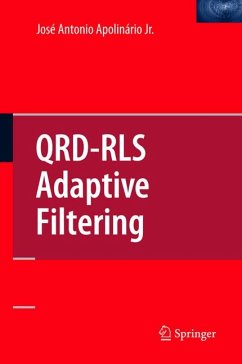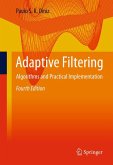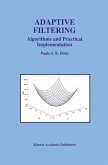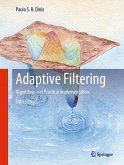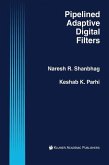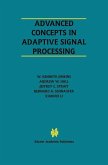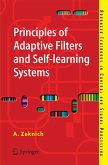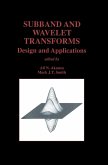The material is divided into twelve chapters, going from fundamentals to more advanced aspects. Different algorithms are derived and presented, including basic, fast, lattice, multichannel and constrained versions. Important issues, such as numerical stability, performance in finite precision environments and VLSI oriented implementations are also addressed. All algorithms are derived using Givens rotations, although one chapter deals with implementations using Householder reflections.
QRD-RLS Adaptive Filtering is a useful reference for engineers and academics in the field of adaptive filtering.
Dieser Download kann aus rechtlichen Gründen nur mit Rechnungsadresse in A, B, BG, CY, CZ, D, DK, EW, E, FIN, F, GR, HR, H, IRL, I, LT, L, LR, M, NL, PL, P, R, S, SLO, SK ausgeliefert werden.
"Starting with a review of the history and the essential concepts in (numerical) linear algebra that are essential in the development of QR decomposition, the book continues with an overview of adaptive filtering techniques, including LMS and RLS algorithms. ... The chapters flow on nicely from one to the other, and the editor is to be congratulated on achieving this. The book is a useful and welcome contribution to the broad topic of numerical linear algebra." (Andrew Dale, Zentralblatt MATH, Vol. 1170, 2009)

